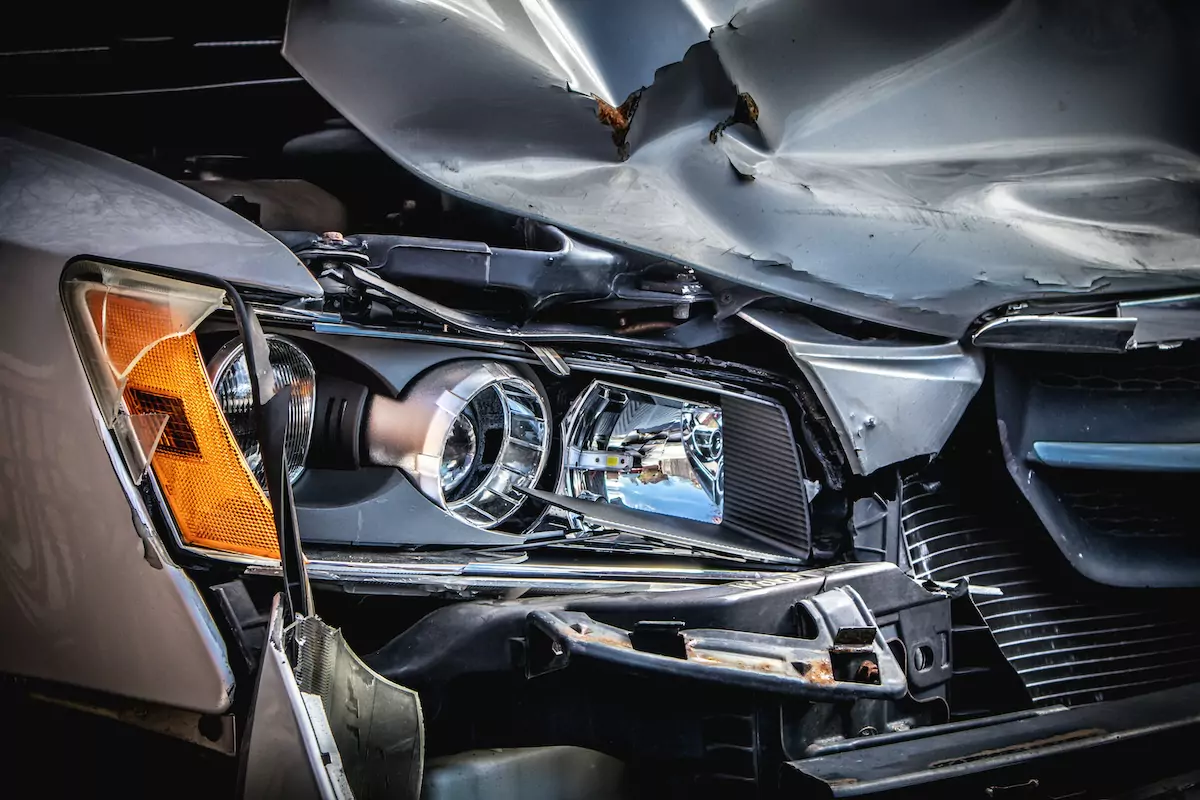The tragic death of Antoine Alléno, son of celebrated French chef Yannick Alléno, has helped catalyse a landmark legal reform in France. On Tuesday 3rd June, the National Assembly approved — by a resounding 194 votes to six — a new criminal classification of homicide routier (vehicular homicide) in the French Penal Code, a direct response to repeated calls for harsher measures against reckless drivers responsible for fatal road accidents.
Multi-Michelin starred Chef Yannick Alléno, who helms Pavyllon Monte-Carlo and l’Abysse at the Hôtel Hermitage in Monaco, has been a prominent voice in the campaign for change, following the 2022 loss of his son to a repeat traffic offender under the influence. His advocacy, alongside mounting public pressure and bipartisan political will, helped move the law forward after delays caused by the dissolution of the Assembly earlier this year. Originally adopted in early 2024, the proposal had passed through the Senate before being disrupted in its legislative course. It has now returned to the spotlight with renewed political backing, including full government support.
The bill, introduced by Republican MP Eric Pauget and former Macronist Anne Brugnera, seeks to redefine how fatal road incidents are prosecuted, especially when aggravating factors such as alcohol or drug use, high-speed driving, or participation in urban rodeos (events involving riding and performing tricks with two-wheeled vehicles, usually motorbikes, scooters or dirt bikes) are present. “We are moving beyond the binary of ‘voluntary’ and ‘involuntary’,” said Pauget. “When someone chooses to drive under the influence or recklessly, calling it involuntary is unacceptable to the victims and their families.” The measure, he added, is not only legal but deeply symbolic, designed to better reflect the gravity of such crimes.
The core of the bill remains the creation of a specific offence of homicide routier, carrying a penalty of up to seven years in prison and a €100,000 fine. This replaces the current use of ‘involuntary homicide’ in cases of deadly road crashes without direct intent to kill. Justice Minister Gérald Darmanin voiced strong support for the change, calling it a necessary end to France’s “judicial hypocrisy”, stating that the law provides a clear and dissuasive legal tool that reflects the public’s understanding: that these are not mere accidents, but crimes.
The Assembly also rejected several Senate modifications that had watered down the bill, including the removal of aggravating factors such as mobile phone use or psychoactive substances and a proposal to drop penalties like vehicle confiscation. Deputies opted instead to reinforce the original vision of the law. Though the sentencing framework remains unchanged, Horizons MP Béatrice Piron described the reform as “a vital symbolic shift”, while Socialist MP Hervé Saulignac stressed its importance in restoring public confidence in the judiciary.
Not everyone supported the measure. La France Insoumise was split, with Rodrigo Arenas arguing that the law was not requested by judges or lawyers and risked giving false hope to victims’ families. Still, the bill passed with wide support and now heads back to the Senate for a final reading.
In addition, the reform introduces new provisions targeting other dangerous behaviours, including a new offence for exceeding the speed limit by over 50 km/h. This infraction would be punishable by three months in prison and a €3,750 fine, plus complementary penalties such as licence revocation. In cases involving death or serious injury, the driver must also undergo a medical examination at their own expense within 72 hours to assess their fitness to drive.
Monaco Life is produced by a team of real multi-media journalists writing original content. See more in our free newsletter, follow our Podcasts on Spotify, and check us out on Facebook, Instagram, LinkedIn and Tik Tok.
Photo credit: Clark Van Der Beken, Unplash
